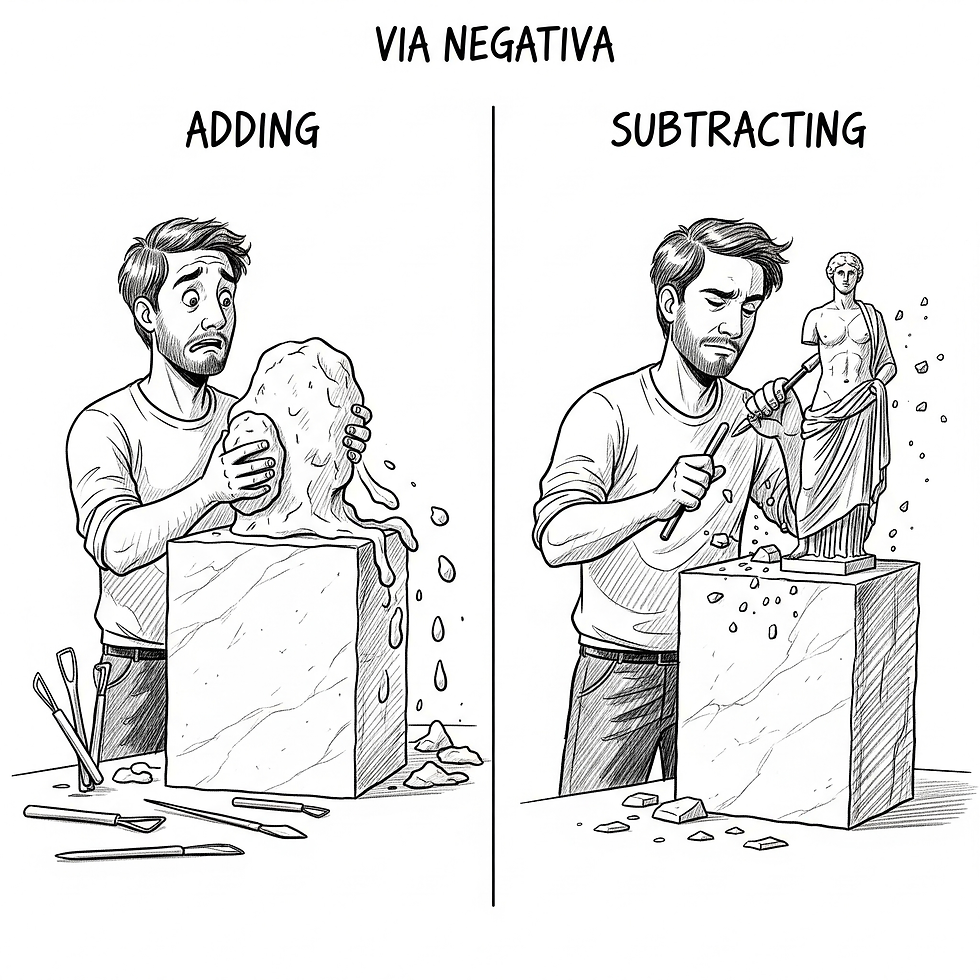Confirmation Bias. Why are we so stubborn?
- Stefan Sager

- Aug 16
- 2 min read
Updated: Oct 4
The universal human tendency to search for, interpret, favor, and recall information in a way that confirms or supports one's pre-existing beliefs.
You have decided you want to buy a specific brand of car.
When you go online, you subconsciously type in the search bar,"Why Tesla is the best" or "Tesla owner reviews."
You click on the glowing 5-star reviews and positive articles. When you see a negative review, you quickly dismiss the author as biased or an outlier.
You are not researching; you are simply looking for confirmation of a decision you have already made.

What is Confirmation Bias and why does it make us stubborn?
Confirmation Bias is one of the most pervasive and powerful cognitive biases. It affects us in two main ways:
It influences how we seek information; we are more likely to look for sources that agree with us.
It influences how we interpret information; we often interpret ambiguous evidence as supporting our existing position.
This creates an echo chamber in our minds, protecting our beliefs from being challenged and making it very difficult to change our minds, even in the face of overwhelming evidence.
This is why we appear so stubborn when confronted with new facts. This is a crucial concept to understand alongside Falsifiability, which is the principle of actively seeking evidence that would prove a belief wrong.
How can I overcome stubbornness and think more objectively?
Actively seek out information and viewpoints that disagree with your own. Follow smart people you disagree with on social media.
When researching a topic, intentionally spend time searching for the strongest arguments against your position.
We appreciate you subscribing (below) it allows us to:
Publish new Mental Models every week.
Remain 100% independent and ad-free.
Grow our library of resources for the community.
All resources can be found here



Comments